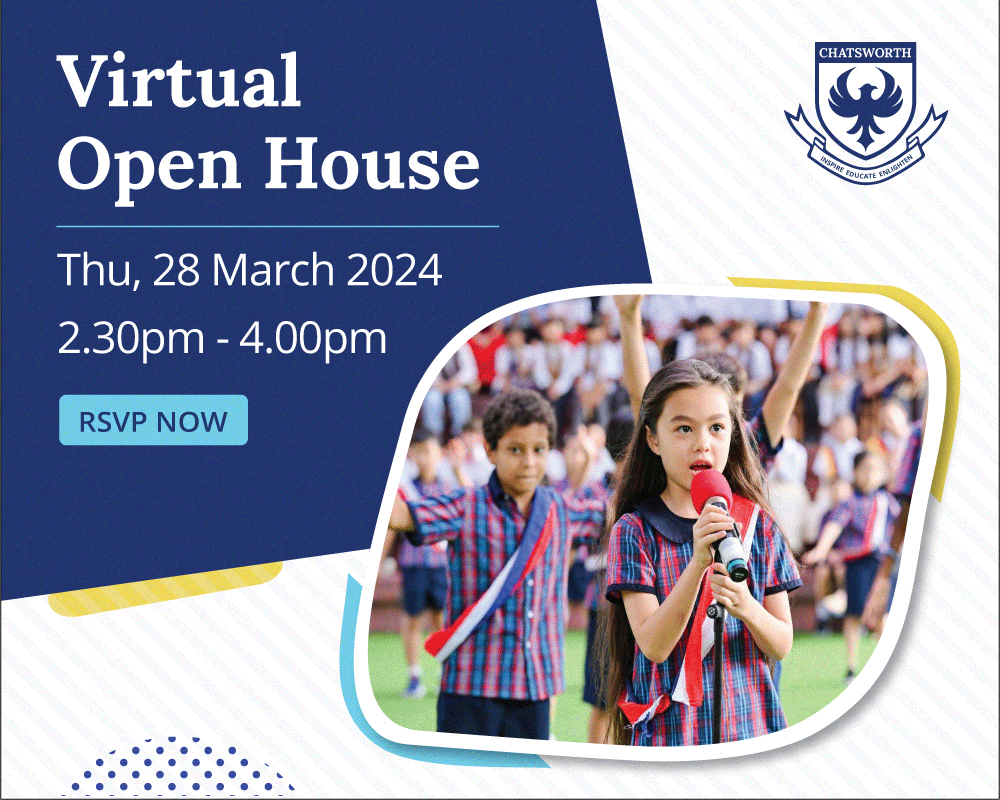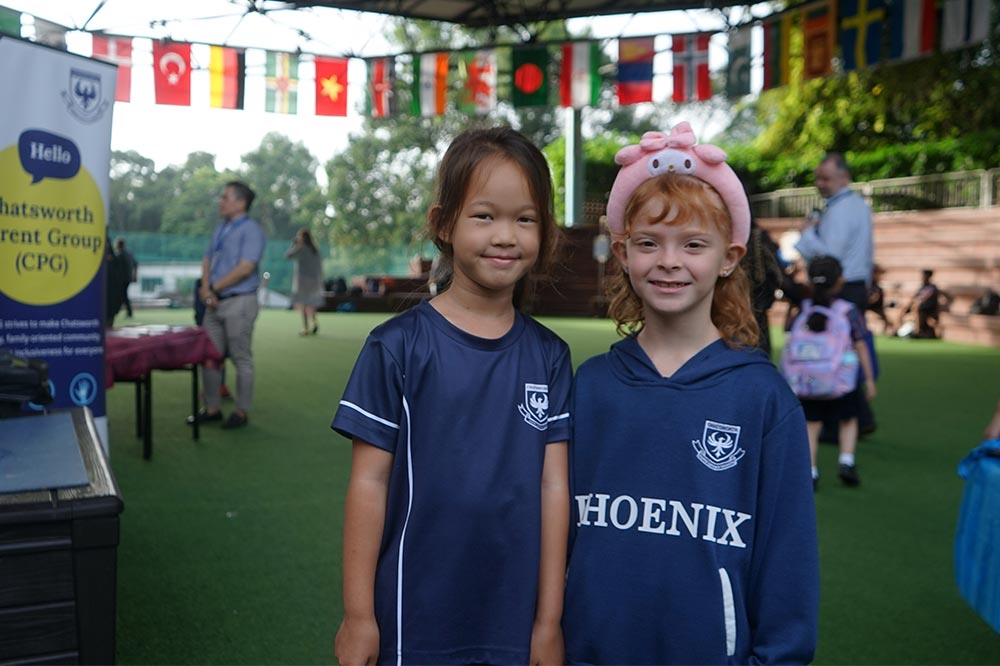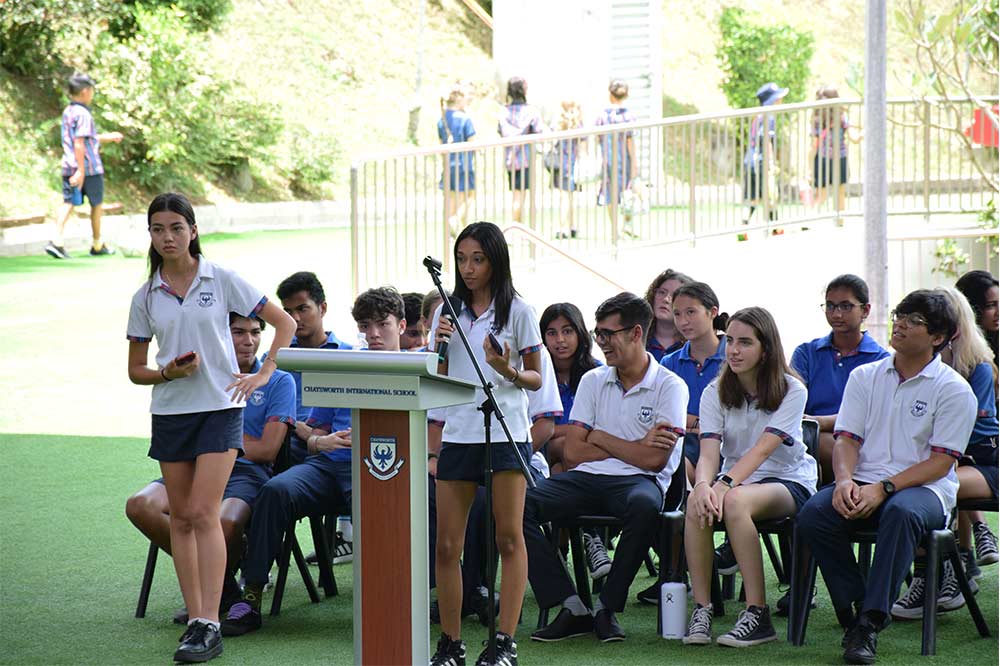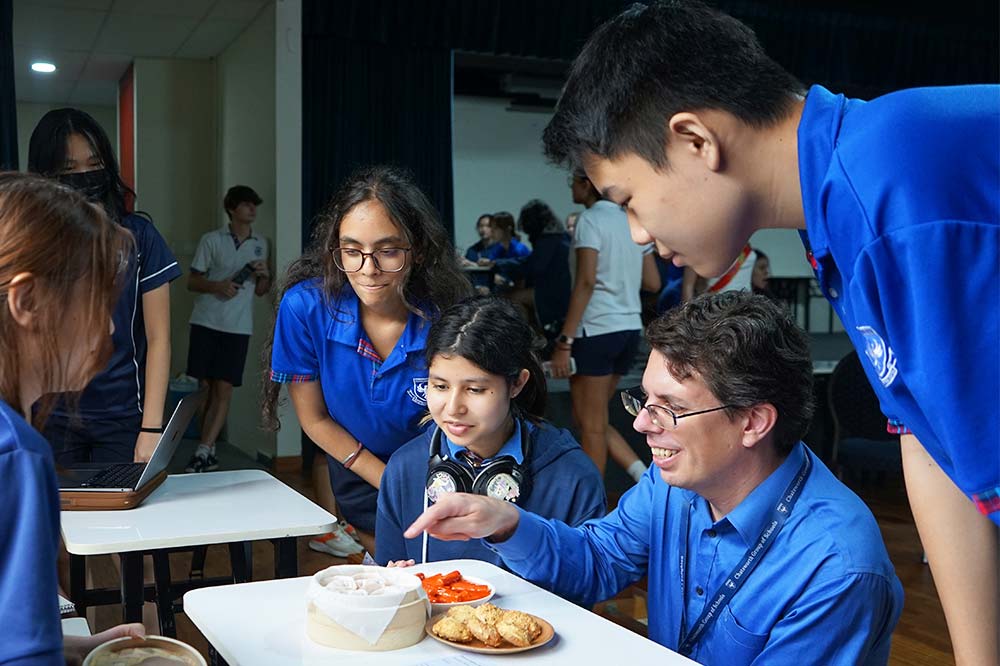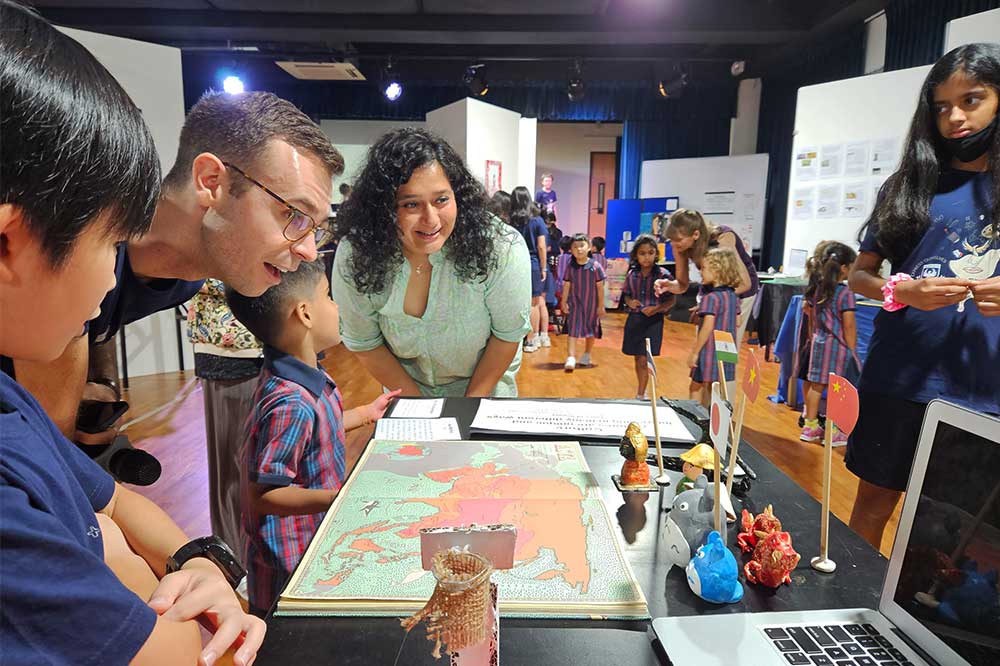The Benefits of Diversity in Education

At Chatsworth International School we have a diverse ethnic community, which we value. As teachers it is important for us to acknowledge the importance of this diversity and harness it for the best outcomes for our students. Having ethnically diverse teachers along with students can add to the intercultural education and global understanding of students, which goes beyond any academic outcome. It would therefore ensure that education is not limited to the academic/knowledge outcomes (such as literacy, mathematics or science) but to the overall development of a global citizen; one who can contribute to, participate in, respect and collaborate with other citizens in an increasingly globalised community. The IB believes that inclusion is an ongoing process that aims to increase access and engagement in learning for all students by identifying and removing barriers. This can only be successfully achieved in a culture of collaboration, mutual respect, support and problem solving. Inclusion is the learner profile in action, an outcome of dynamic learning communities. (International Baccalaureate Organization, 2019)
Leveraging Diversity to Develop Skills Beyond Academic Outcomes
Every student at Chatsworth brings with them cultural traditions and identities when moving beyond their ‘home’ country, even when they speak the majority language. This diversity brings an opportunity to learn from one another. Students are able to connect with each other, developing important problem solving, conflict resolution, and critical thinking skills. How an educator uses this ethnic diversity is in fact the critical element. When the teaching facilitator recognises, and utilises the ethnic diversity within their classroom, both academic outcomes and global citizenship can not only be strengthened but also create a sense of belonging. It also allows students to draw on their prior knowledge, share their experiences and develop perspectives. Socrates' model of dialogue encourages a method of listening, reading an argument and emphasising equality and difference in a search for truth (Besley & Peters, 2012).
Developing intercultural skills helps students engage in meaningful dialogue with others. These skills include: communication in foreign languages, social and civic competencies, and cultural awareness and expression. As Besley and Peters (2012), highlight, these can be essential bridge-builders between people with different cultural, ethnic, religious and linguistic backgrounds. Having ethnic diversity encourages and enhances this form of dialogue. A discussion that is given time to go back and forth. Students can therefore develop skills such as perspective taking, acceptance of differences, acceptance of conflict as normal, conflict resolution, participating in democracy and an interest in a wider social world (Maruyama & Moreno, 2000).
This helps learners to affirm their identities, build self-esteem, values their prior knowledge, scaffolds and extends their learning (International Baccalaureate Organization, 2019). Through this students are able to develop attitudes of empathy and respect for diversity, leading to knowledge that can create a more peaceful and sustainable world (UNESCO, 2015).
Developing Intercultural Dialogue
Throughout each unit of inquiry, students are given opportunities to think critically, solve problems, collaborate and work together. Each time this happens within an heterogeneous classroom setting, students have the opportunity to gain greater depth of understanding and learning. In our Where we are in place and time unit of inquiry, the Year 4s looked at how ‘Art provides insights into culture and personal history’. This has enabled students to sit and discuss in both small and large groups their own personal culture and history. Through the exploration students were able to share and listen to one another’s experiences.
Teachers created explicit opportunities for students to discuss with their peers their personal experiences and history. This included turn and talk, sharing with the class and conversations while creating their artistic pieces. Throughout the journey this enabled students to share their own cultural experiences, and discuss the similarities and differences between their peers’ culture and personal history.
“Through intercultural dialogue, both differences and similarities are illuminated and explored, breaking down generalised stereotypical and xenophobic beliefs and attitudes” (Dulabaum, 2012, p138). The teacher therefore needs to allow all students the opportunity to share their experiences and perspectives, to develop an inclusive classroom environment.
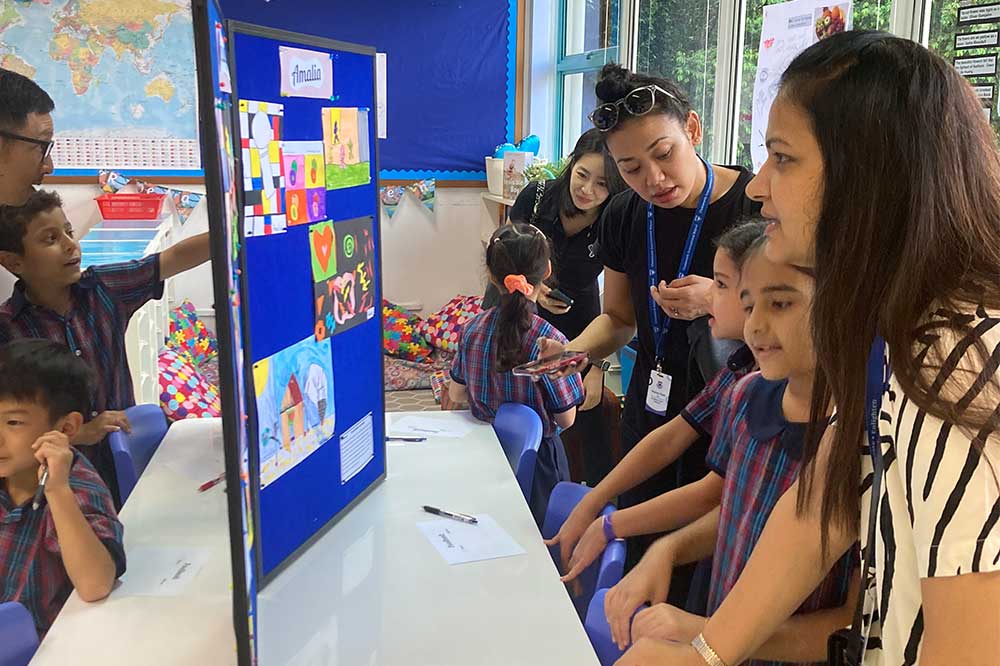
Enhancing Intercultural Dialogue through Art Expressions
The unit culminated with students creating art pieces that reflected their own culture and personal history. They were able to finish their unit of inquiry by having an art gallery to showcase their artistic designs with their parents. This allowed them the opportunity to interact and participate in intercultural dialogue and discussions with our body of parents. Again allowing students the chance to develop their understanding of different perspectives and share their own experiences.
Classrooms that harness ethnic diversity and continue to take action are able to strengthen democratic citizenship, broaden perspectives and develop relationships. The skills learnt include problem solving, conflict resolution, acceptance and understanding. Guarasci and Cornwell (1997), claim that democratic citizenship is strengthened through cultural and ethnic diversity within a classroom and we are able to do this at Chatsworth. The academic knowledge and skills come from the lived experiences of the students. They connect to these experiences, which become more personally meaningful, resulting in higher interest and appeal, therefore students are learning more easily and thoroughly (Gay, 2002).
____________________________
Bibliography:
Besley, T., & Peters, M., A. (2012). Introduction. In Tina Besley & Michael A. Peters (EDs.) Interculturalism, Education and Dialogue (pp. 1 -25). New York: Peter Lang Publishing.
Dulabaum, N. L. (2012). A Pedagogy for Global Understanding - Intercultural Dialogue: From Theory to Practice. In Tina Besley & Michael A. Peters (Eds.) Interculturalism, Education and Dialogue (pp.134 -141). New York: Peter Lang Publishing. Gay, G. (2002). Preparing for Culturally Responsive Teaching. Journal of Teacher Education, 53, 106 -116.
Guarasci, R., & Cornwell, G. H. (1997). Democratic Education in an age of Difference: Redefining citizenship in higher education. San Francisco: Jossey-Bass Publishers.
International Baccalaureate Organization. (2019, November). What is an IB education? Ibo.org. https://ibo.org/globalassets/new-structure/about-the-ib/pdfs/what-is-an-ib-education-en.pdf
Maruyama, G., & Moreno, J. F. (2000). University Faculty Views About the Value of Diversity on Campus and in the Classroom. In Does Diversity Make a Difference? Three Research Studies on Diversity in College Classrooms. (pp. 9 - 34) Washington, DC: American Council on Education and American Association of University Professors.
UNESCO. (2015). Global Citizenship Education: Topics and Learning Objectives. Paris, France: United Nations Educational, Scientific and Cultural Organization.

